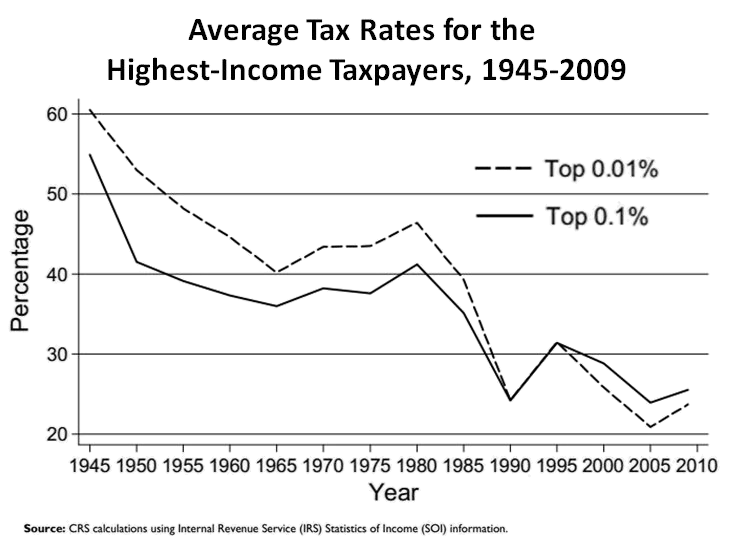In a previous post, I talked about how corporations are like “sharks with freakin laser beams attached to their heads.” I explained that this was due to a shark’s nature as a very efficient predator in its environment.
The reason I say that corporations take this a step further (with lasers) is because of their market power in our global economy. Weeks ago, we studied the difference between efficient free markets and monopolistic markets of different types.
I would imagine that most Americans are in strong favor of a free market economy. It turns out that, while it’s true that a majority of Americans do indeed feel this way, it’s not a strong majority (around 60%) and it’s declining.
 |
| Source: globalscan.com |
That suggests to me two things. One, that major parts of our economy operate in a more monopolistic/oligopolistic manner than a free market manner. And two, that when Americans are asked about how they feel about free markets, that they are really opining on the monopolistic side of the market because it’s the more visible and discussed part of the economy.
Suffice it to say, we are seeing a large part of our economy with market power instead of without it (the definition of a monopolistic market). However, if it ended there, I would call that a shark, not a shark with lasers. That’s because a shark can have market power, fighting off all competition easily, but it doesn’t do this by manipulating its environment. It’s just really good and working with the environment it lives in.
However, nowadays we’re seeing corporations flexing a lot of market power in the policy arena. Between lobbying and campaign contributions, we’re seeing billions of dollars spent on openly persuading our government. The oil industry alone spends hundreds of millions of dollars on lobbying.
This is what I’d call sharks with lasers. The sharks are trying to get those that control the environment to give them an advantage. They aren't content with being the biggest and best in the economic waters; they need to actively (and in a sense artificially) manipulate their environment to be even better.
If the government is what defines the economic environment, I’m not saying it should be blind to the creatures living in it. The government needs to be aware of all the creatures in the economic pool, and produce an environment that keeps all them as healthy as possible. It’s easy to pay attention to the big things in the tank, but to maintain a healthy ecosystem, you have to pay more attention to the bottom of the food chain.
 |
| There's more than sharks in the water. (www.newyorksocialdiary.com) |
What gets measured gets managed. The government (and the punditocracy) measure economic health by GDP. The flaws in this method are widely discussed and debated, but the idea in this metric is to try to measure the overall health of the economic environment. And, given that it’s the most visible metric we use, it’s no surprise that the government et all pay attention to it. And, if you want to change the GDP number as fast as possible, it’s probably best to focus on where you can make the biggest difference. So, it’s not surprising that the biggest entities in the economy are targeted first- they’re the lowest hanging fruit (and I’m going for a record number of mixed analogies). Ensuring that giant corporations are successful is a clear leverage point, but it's probably not the most effective one.
This is where I think we need an economic policy change. In the economic food chain, it’s more effective to feed the plants and let the rest of the ecosystem work naturally than it is to feed the sharks directly. Feeding the sharks is trickle down economics (don’t try to visualize that one), where as feeding the plants would be trickle up economics (and there has to be a better term for that).
I believe the reason trickle down economic policies worked under Reagan is because there was huge leverage. The government was able to reduce the highest income tax rates by roughly half. So, this had a positive effect because of the shear size of the amounts involved. However, that leverage is far more limited now. Because the effective tax rates are so much lower today than they were at the beginning of Reagan’s presidency, we can’t create as big of an effect with the same policy (and certainly can’t afford it either!).
 |
| Huge drop for the top earners, and it worked... once. (Source: Wikipedia) |
In addition, claiming that the top taxpayer’s pay more than their fair share (a common claim from conservatives) falls flat with me because income inequality is increasing. The people with the most money are the experts and amassing it, even when they have to pay more than their fair share. So, let’s use their keen ability to amass wealth to everyone’s advantage. To stimulate the economy, let’s give a break to those that are worst at amassing wealth and let the experts do their thing. While economic nature takes its course, those dollars will go round and round the economy, pushing that all important GDP up.
 |
| Trickle down today. (Source: Tumblr) |
 |
| Source: Everyday Theology |